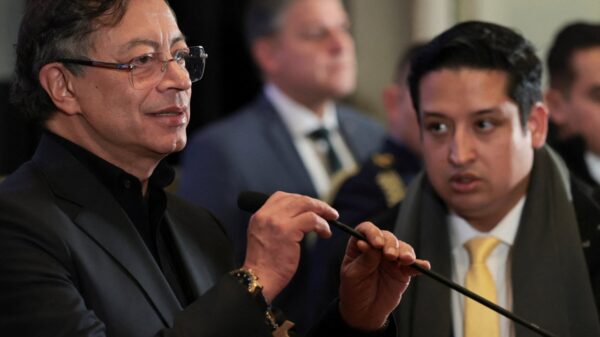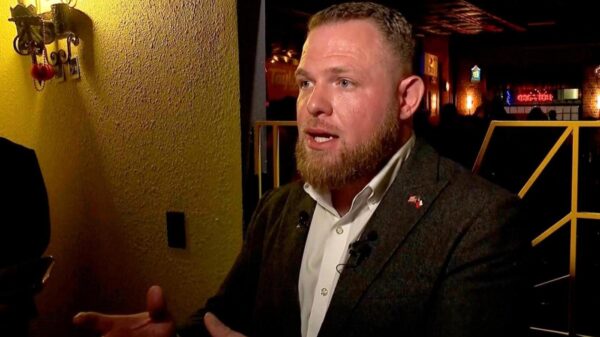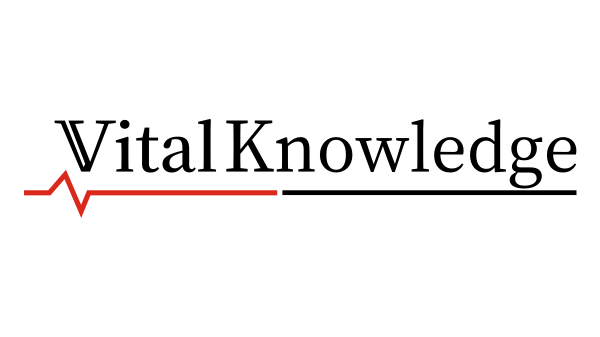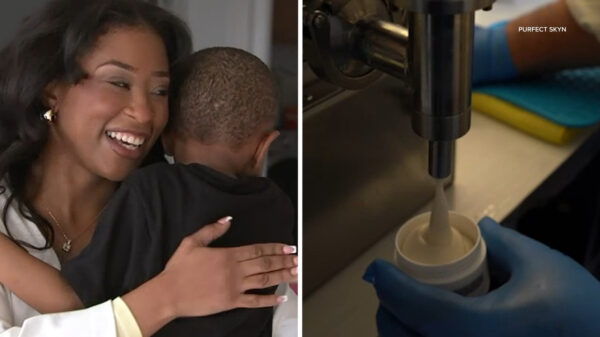UPDATE: New insights released today reveal that many popular career tips are outdated and potentially harmful for job seekers. In a rapidly changing job market, experts urge professionals to rethink traditional advice that no longer applies.
At a job fair in Sunrise, Florida on August 28, 2025, attendees, including job seeker Rosie Roque, listened to recruiters like Cristina Roca discuss current employment opportunities and strategies. As hiring slows down, understanding which career advice to ignore is crucial.
Among the most prominent myths is the notion that you must always “follow your passion.” Experts, including Jochen Menges, a professor at the University of Zurich, argue that this vague guidance can lead to frustration. “It’s not an actionable goal,” Menges stated. Instead, he recommends focusing on the emotions you want to feel in your career, like pride, to propel your professional growth.
Another outdated tip is the belief that finding a job is simply a numbers game. A LinkedIn survey from late 2024 showed that a staggering 37% of applicants felt their chances of hearing back were diminishing despite applying more frequently. Networking and building connections within target companies is now seen as a more effective strategy than the “spray-and-pray” approach.
The traditional idea of climbing the corporate ladder is also being challenged. According to Christian Tröster, a leadership expert, many workers today seek “protean” careers that adapt and change over time. “The ultimate goal is feeling proud and accomplished,” he explained. In a climate where corporate structures are flattening, the focus is shifting from climbing to lateral movements and alternative career paths that offer flexibility and fulfillment.
Job-hopping, once frowned upon, is now viewed differently. Margie Warrell, a leadership consultant, points out that strategic job changes can signify ambition and adaptability. “Smart job changes indicate you are taking on extra responsibility,” she noted, suggesting that such transitions can enhance a résumé rather than harm it.
Additionally, while technical skills—especially in fields like artificial intelligence—were once considered the gold standard, the demand for soft skills is on the rise. Menges highlights the need for emotional intelligence in evaluating AI outputs, indicating that workers must now balance technical proficiency with interpersonal skills.
Finally, the advice to “bring your whole self to work” is under scrutiny. Critics argue that this approach can lead to complications in professional environments. Ella F. Washington from Georgetown University recommends a more nuanced interpretation: instead of exposing all personal aspects, employees should present their “whole professional self,” maintaining professionalism even in challenging circumstances.
As the job landscape evolves, it is crucial for job seekers to stay informed and adapt their strategies accordingly. With hiring trends shifting and the job market growing increasingly competitive, understanding which pieces of advice to ignore could make all the difference in achieving career success.
What do you think about these outdated career tips? Share your thoughts with us or contact [email protected] with your own job hunt stories.








































































